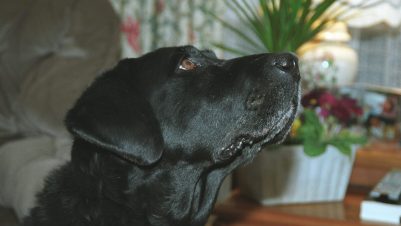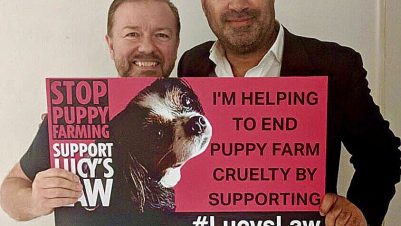Over the last few editions of Veterinary Practice magazine, I have featured articles on life behind the scenes at the Sussex Equine Hospital situated in West Sussex. With a staff of 25 vets who work out of their new purpose-built practice, I wanted to see how they were coping during the current coronavirus lockdown. I caught up with one of the senior directors, Rob van Pelt, and asked him how things were going there. Having always been made welcome there, one of the first things I noticed is that I wasn’t allowed to pop in and take photographs and meet the team as they are in total lockdown. Emergencies only. I will let Rob tell the readers the rest:
“As soon as we knew the country was facing a pandemic, the directors had a meeting to work out how we were going to protect our dedicated staff. When we built the hospital, we put in an internet-based system, so all the reception team picked up their telephones and computers and went home to work from there. We asked all the ambulatory vets to stay away from the hospital as much as possible and to practise social distancing. In the hospital we already had infection control measures in place, so it was just a matter of reinforcing them to the team.
“Initially, we were not getting very clear instructions from our professional bodies as the situation was changing so quickly – the RCVS and the BVA would publish guidelines in the morning and these would be out of date by the after-noon,” Rob explained. “We went into full lockdown on 20 March. This meant that we would only respond to emer-gencies and take emergency cases from other veterinary surgeons on referral.”
The front gate is locked (Figure 1) and clients are only allowed to drop off or collect a horse, but it is a nurse who takes the horse off and loads the lorry, minimising social contact. Owners are also discouraged to visit their horses in hospital.

“We took the attitude that the most important asset we had was our staff; however, as veterinary surgeons we take an oath of duty to care for the animals that we look after. Generally, the criteria to be classed as an emergency was that if it could wait three weeks without compromising the horse’s welfare, then it wasn’t an emergency. Each case was assessed individually, firstly by assessing whether it was a true emergency and then how to minimise risk to the veterinary surgeon attending (Figure 2). The latter was done by asking the owner questions about their current health issues and asking them to think of ways to avoid the vet being contaminated.
“As the country went into full lock-down and we were doing emergencies only, we had to make some tough de-cisions in order to save the practice as a whole. At the beginning of March, we had 20 horses in the hospital and the end of March we had just two.
“I have been a vet for 35 years and I will always remember 27 March 2020 as being the saddest day of my career as we had to furlough 29 staff members. Some of those people I have worked with for more than 25 years; they aren’t just employees, they are close friends. Ironically, they were so understanding. A few tears were shed. Many responded by saying ‘if you get stuck, I am happy to muck out’ or offering words of encouragement by saying ‘we will come back stronger from this’. The practice continues to provide a service using a selected team (Figure 3) who could cover all potential problems, including emergency surgery.




“There have been situations where I have been disappointed with some clients’ attitude to the crisis. A few were phoning around to see who would vaccinate their horse or investigate their horse’s lameness which had been ongoing for three weeks. I am glad to say that all our local practices have abided by the rules and showed solidarity.
“One client phoned in saying that they had had the virus so weren’t a risk to anyone so couldn’t see why we were reluctant to come and see their horse’s sarcoid. I explained that until either a test is developed that can prove that they aren’t a potential risk or the rules of social distancing were lifted, I was unable to do so. Interestingly this person runs a very small livery yard, yet was happy to potentially put a person’s life at risk.
“In conclusion, I would like to say that we are doing our best for our staff, our clients, our equine patients and humanity. Despite political or religious beliefs, we are all in this together. I hope that we can control the spread of the virus to lessen the impact. I guess it is not until [it is] your loved ones, either in the hospital or even worse, that the reality of the crisis hits home. As of 14 April, the RCVS relaxed the rules and we were able to return to more normal duties as long as we adhere to social isolation measures to protect both the client and the vet, whilst doing what we do best: caring for the horse. The welfare of the horse has been and will be what we at the Sussex Equine Hospital have strived for over many years!”











